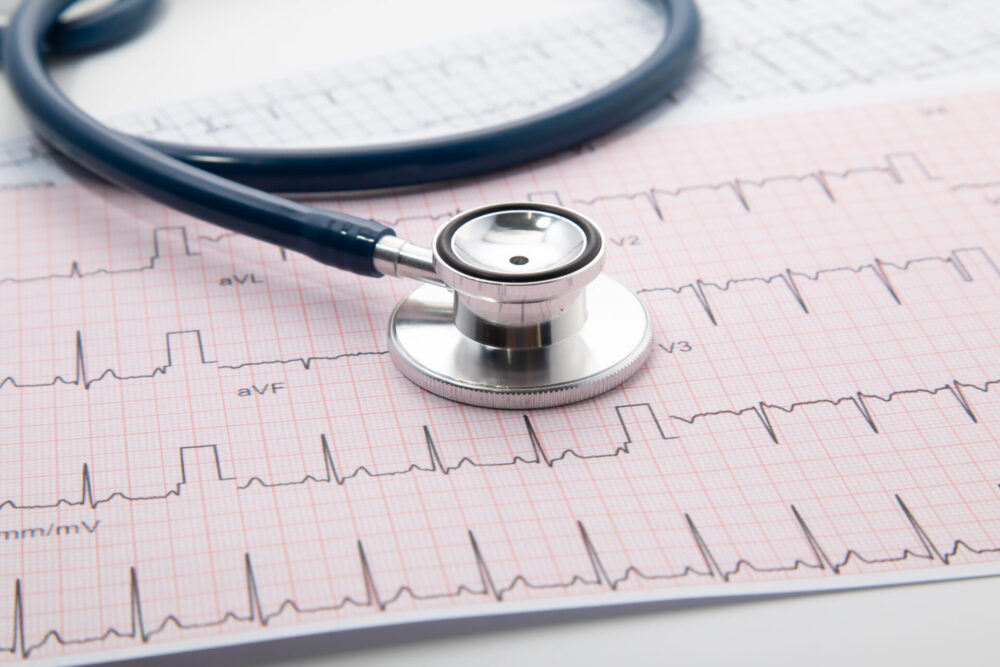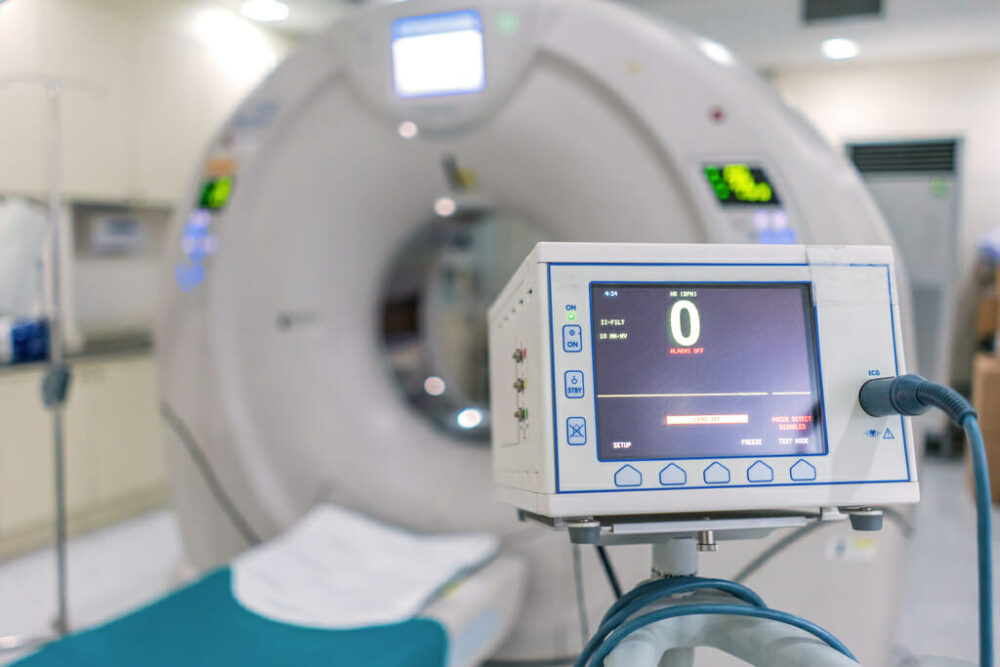Heart failure is a condition that affects around 900,000 people in the UK alone. It is a serious condition that occurs when your heart is not able to pump blood properly around your body. However, while it is very serious, it can be managed and treated so that you can live a perfectly normal life, especially if it is detected early enough.
What is heart failure?
It is important to note that “heart failure” is not the term used when your heart has stopped. Heart failure means that your heart is not able to do its job properly. This condition occurs when your heart can’t pump blood with as much strength as it needs to. It is a long-term condition that can worsen, especially if you do not take the proper steps.
When your heart is not able to pump blood, your body will not get enough oxygen. The blood may also begin to collect in your veins, which can lead to swelling in areas such as your feet and legs. Shortness of breath may also occur more often and will get worse over time. It can be caused by your ventricles becoming stiff or weakened, which can be caused by a number of factors, including heart disease, diabetes, smoking, obesity, and a lack of physical activity.
Can heart failure be reversed?
For most people, heart failure cannot be reversed, and it is a condition that they will need to manage with proper treatment. However, the treatment depends largely on the stage of heart failure. Even though heart failure cannot be cured in the strictest sense, there are many treatments that can keep the symptoms under control. These include medication, surgery, or surgical implants.
There are also many changes to your lifestyle that you can make, which will slow down heart failure, including avoiding alcohol, smoking and drugs. It is important to note that exercising and eating a healthy diet is crucial in this process.
What are the four stages of heart failure?
There are four distinct stages of heart failure, ranging from 1 (relatively mild) to 4 (extremely serious). Depending on the stage, you may not notice your symptoms at all or mild breathlessness when you are exercising and putting a lot of pressure on your heart. At a later stage, you may feel your symptoms even when you are at rest. The four stages help your cardiologist determine how serious your condition is and what kind of treatment you need.
Stage 1 heart failure
With stage 1 heart failure, there may be no symptoms during normal activity. The treatment tends to mostly be focused on making changes to your lifestyle. Your cardiologist may recommend more physical exercise and eating a healthier diet. They will also advise you to stop smoking if you are a smoker, and you may be prescribed medication if you are suffering from a condition like diabetes which may contribute to heart failure.
Stage 2 heart failure
At this stage, you will probably only notice your symptoms during physical activity. The treatment for stage 2 heart failure will include the lifestyle changes mentioned above, and you may be given specific medication to give your heart more support. The prescribed medication will depend on the specific kind of heart failure that you have and if you have had a heart attack or if you already have diabetes.
Beta-blockers, SGLT2 inhibitors, MRAs, and ACE-I are typical medications that you may be considered for. If there is a blockage or valve issue, then you may be considered for surgery.
Stage 3 heart failure
If you have stage 3 heart failure, then you will notice that even the most basic forms of physical exercise bring your symptoms on, even if you do not exhibit them while you are resting. These symptoms may include shortness of breath and feeling exhausted, and you may notice swelling in your feet, ankles, legs, and lower abdomen.
At this point, your cardiologist will consider a wider range of treatment options. The lifestyle changes and medication mentioned in stages 1 and 2 will be recommended, but it is important to note that medication will be prescribed. ACE inhibitors, beta-blockers, diuretics, SGLT2 inhibitors, and mineralocorticoid blockers will be looked at. Cardiac resynchronisation therapy may be recommended to address an issue with your heartbeat, or a cardioverter-defibrillator implant can help your heart.
Stage 4 heart failure
Stage 4 heart failure is the most severe, and you will be showing symptoms regardless of what activity you are doing. You may feel issues like shortness of breath, nausea, light-headedness, chest pain, and swelling even when you are completely at rest.
Generally speaking, stage 4 heart failure is treated in hospital.
When to seek help for heart failure
Some of the information that we have mentioned here may seem a little scary, but the important thing to take away is that you should reach out and talk to someone if you are at all worried about any symptoms that you may be exhibiting. It is also a good idea to contact us for a healthy heart check if there is a history of heart failure or heart disease in your family, or if it has simply been a while since your last check-up.
Expert Cardiologist is here to help you every step of the way. We have a range of heart tests to help us get to the bottom of what exactly is going on, and we can walk you through any treatment options that you may need. As a team, we understand how difficult it can be to deal with this, which is why we put so much emphasis on our quality patient care and expert advice. Get in touch today to book a consultation.
Request A Call Back
Please fill in the contact form and we will call you back at a time most convenient for you.
RECENT POSTS




